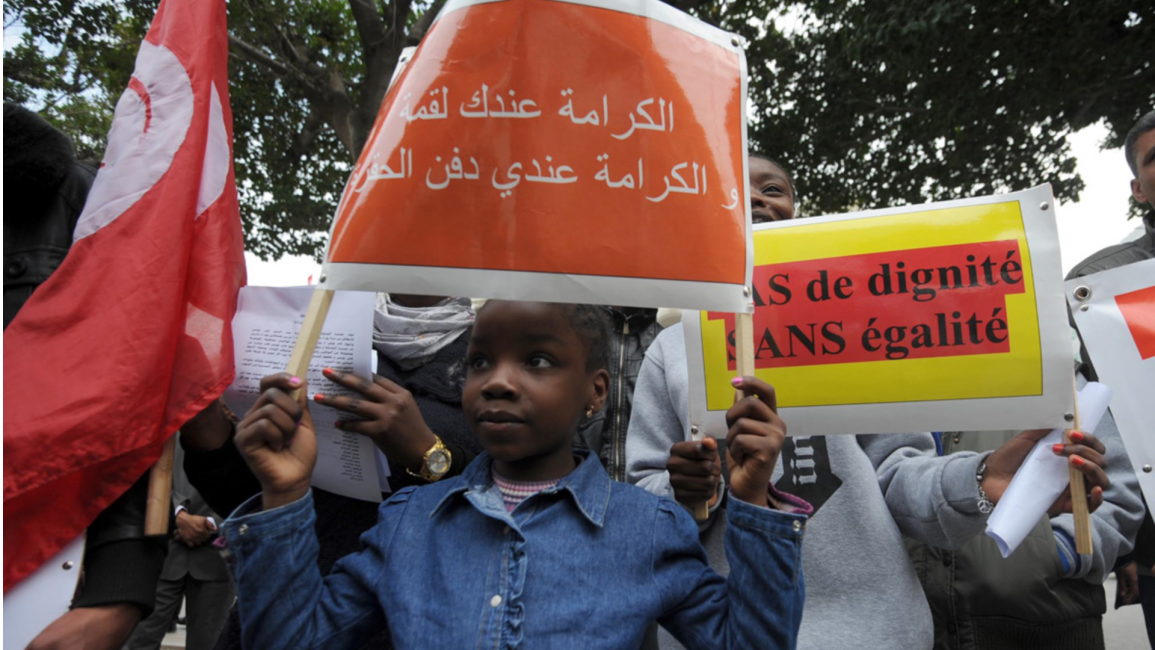Tunisian family wins right to drop slavery moniker
After years of discrimination, Tunisian Karim Dali has finally won the right to scrub the word "Atig" from his name, eradicating a telltale sign he is descended from slaves.
"As soon as potential employers saw the word 'Atig' in my papers, they would treat me with disdain and lots of mistrust," he said.
This week, his father Hamdane, 81, won a legal battle allowing the family to remove the word from their documents.
"For the first time, I feel like a free citizen with the same rights as others," said Karim.
"It's a real victory against racism and discrimination in Tunisia."
In the North African country, and particularly its desert south, black Tunisians descended from slaves still have their heritage branded on their identity cards: "Atig" meaning "freed" or "Chouchane", meaning "slave".
Karim had himself made a request to the justice ministry in 2017 to have the word removed from his ID, only to be rebuffed.
The 39-year-old graduate in English who works in the hotel industry on the island of Djerba, believes the word has cost him many job opportunities.
Ottoman Tunisia was among the first territories to ban slavery, doing so in 1846 - just 13 years after Britain's historic Slavery Abolition Act.
And in October 2018, Tunis passed a law criminalising racist speech, incitement to hatred and discrimination, a historic move in a country with a significant black minority.
But activists say it has a long way to go in ending discrimination.
"The issue of discrimination against black people in Tunisia has never been a priority or put on the table by senior government officials, who are still in denial," said Saadia Mosbah, head of minority rights group Mnemty, which helped the Dali family in their case.
Mosbah, who called on the justice ministry to create a panel to examine easing the process of changing names, said this week's ruling marked "a turning point".
Minority Rights Group International also hailed the decision.
"This decision is hugely significant," said Silvia Quattrini, the group's regional coordinator.
"Bearing such a name is a truly constant reminder of the legacy of slavery."



